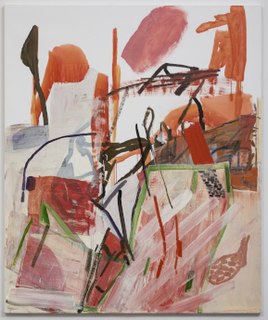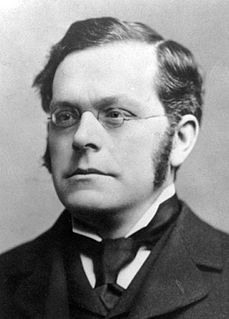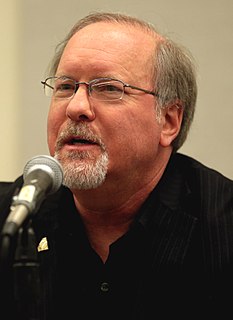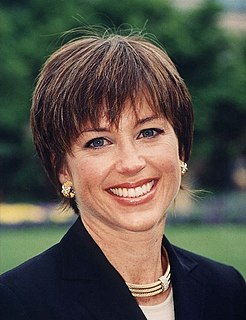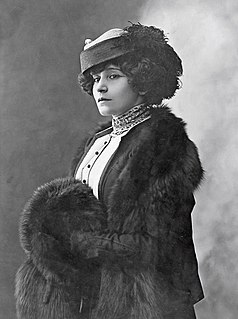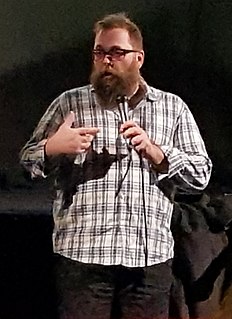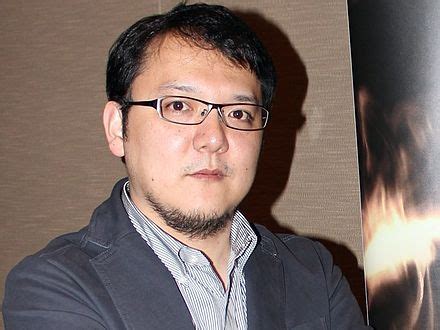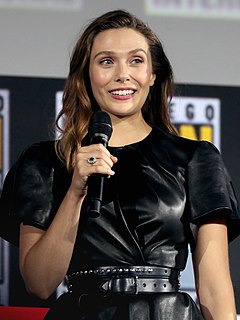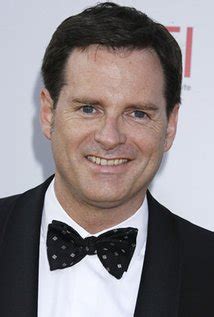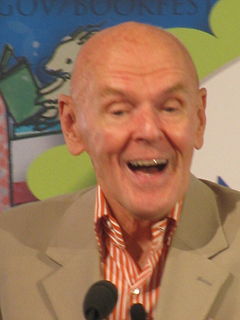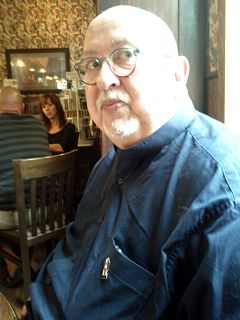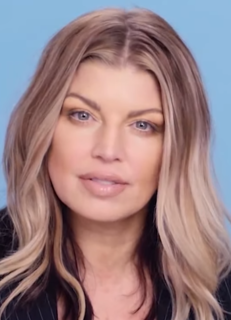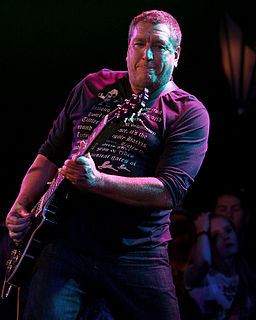Top 1200 I Can Read Quotes & Sayings - Page 3
Explore popular I Can Read quotes.
Last updated on November 27, 2024.
If I lived in China or even Russia, or any totalitarian country, Maybe I could understand some of these illegal injunctions. ... But somewhere I read of the freedom of assembly. Somewhere I read of the freedom of speech. Somewhere I read of the freedom of the press. Somewhere I read that the greatness of America is the right to protest for right.
Read a lot. But read as a writer, to see how other writers are doing it. And make your knowledge of literature in English as deep and broad as you can. In workshops, writers are often told to read what is being written now, but if that is all you read, you are limiting yourself. You need to get a good overall sense of English literary history, so you can write out of that knowledge.
The best thing about conceptual poetry is that it doesn’t need to be read. You don’t have to read it. As a matter of fact, you can write books, and you don’t even have to read them. My books, for example, are unreadable. All you need to know is the concept behind them. Here’s every word I spoke for a week. Here’s a year’s worth of weather reports... and without ever having to read these things, you understand them.
I am a Christian resident of New York City. I simply read things the other Manhattanites read (NY Times, New Yorker magazine, Wall Street Journal, and many of the books they read) plus all my Christian reading. I don't do anything special to understand skeptics. I also talk to a lot of skeptics and read things they point to.
I attempt to read one book every day. I don't always achieve that, especially when I'm traveling. But when I'm home, I read almost a book a day. I certainly read a minimum of two or three a week. And as a result of that, I've read over 3,000 books in areas that interest me, like consciousness and spirituality, holistic health, leadership, success, psychological awareness, therapy, etc.
Read to your children Twenty minutes a day; You have the time, And so do they. Read while the laundry is in the machine; Read while the dinner cooks; Tuck a child in the crook of your arm And reach for the library books. Hide the remote, Let the computer games cool, For one day your children will be off to school; Remedial? Gifted? You have the choice; Let them hear their first tales In the sound of your voice. Read in the morning; Read over noon; Read by the light of Goodnight Moon. Turn the pages together, Sitting close as you'll fit, Till a small voice beside you says, "Hey, don't quit.
Justice. To be ever ready to admit that another person is something quite different from what we read when he is there (or when we think about him). Or rather, to read in him that he is certainly something different, perhaps something completely different from what we read in him. Every being cries out silently to be read differently.
Children make better readers than adults. They read as carefully as I write; adults read as a means of getting off to sleep. I get letters saying 'I have read your book seventeen times.' If you're an adult novelist and you get that letter, you should be afraid. You're being stalked. Kids always read them seventeen times!
As a historically voracious reader - pre-baby, I averaged a book every week or two, and when I was a kid, I'd routinely read a book a day - I never understood how some people could not read. When I heard people say they didn't have time to read, in my head, I simultaneously pitied and ridiculed them: there was always time to read.
When I was a kid and a young man I read everything. When I was about 23, I was incredibly lucky in that I wound up with several book review columns, which meant that I had to read huge amounts of stuff that was outside my experience and outside my comfort zone. I think every young writer should be forced to read the kind of stuff they would not normally read for pleasure.
The man who doesn't read good books has no advantage over the man who can't read them. It is said that leaders are readers. However if they read trashy magazines for the majority of their time and they never run with the information that they glean from resourceful books, then they may as well have not taken any time to read at all. It is easier to stay out than get out.
